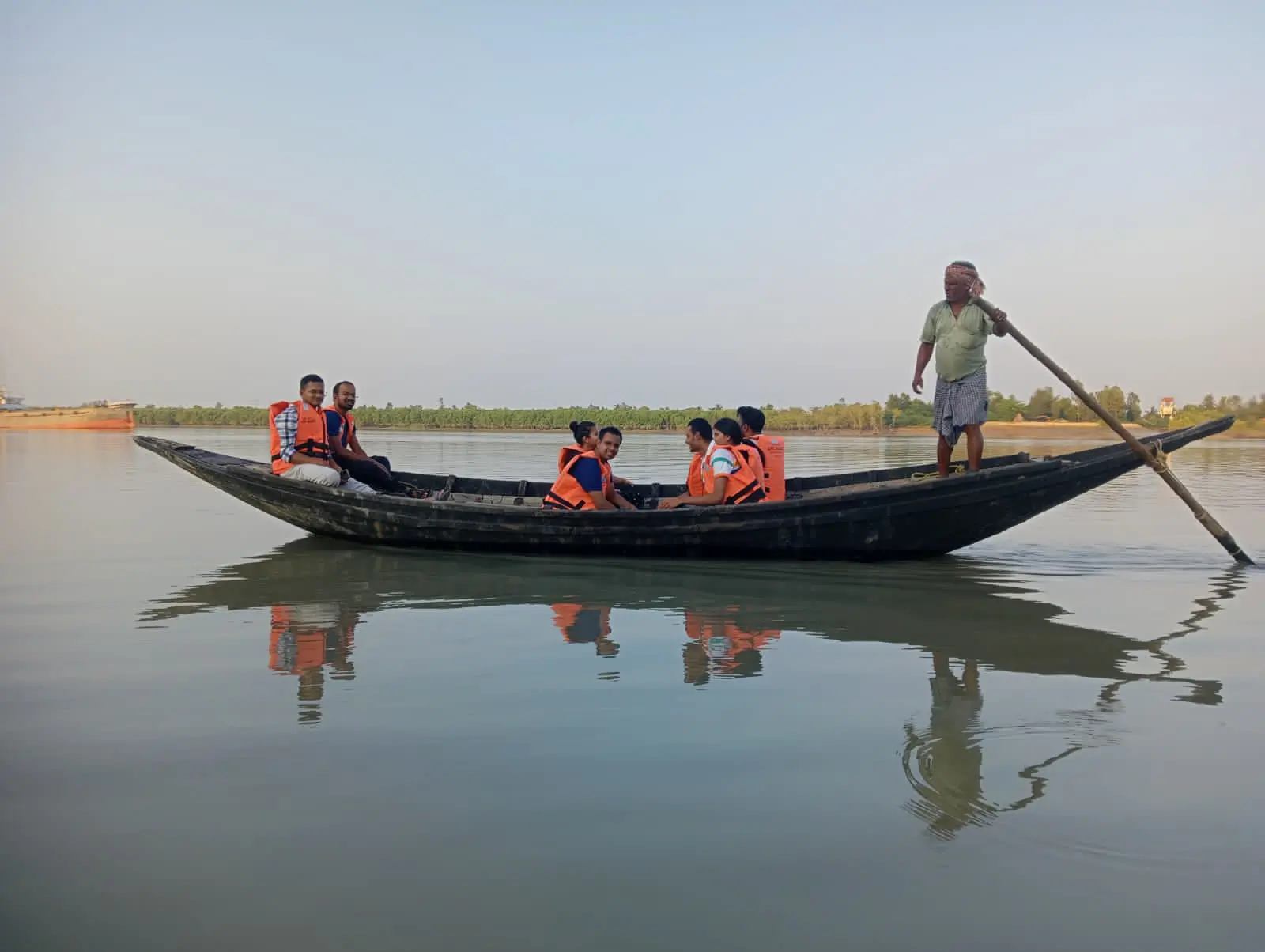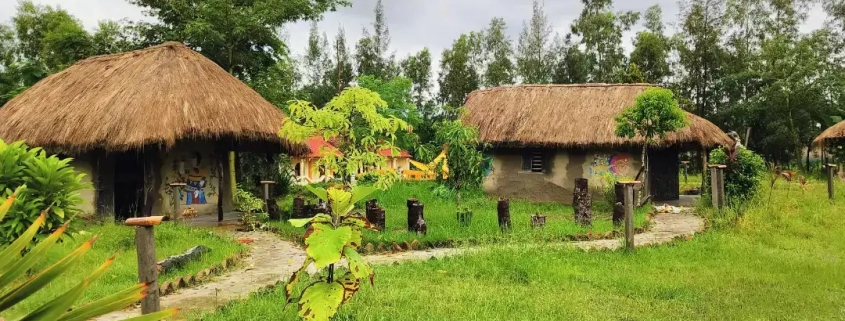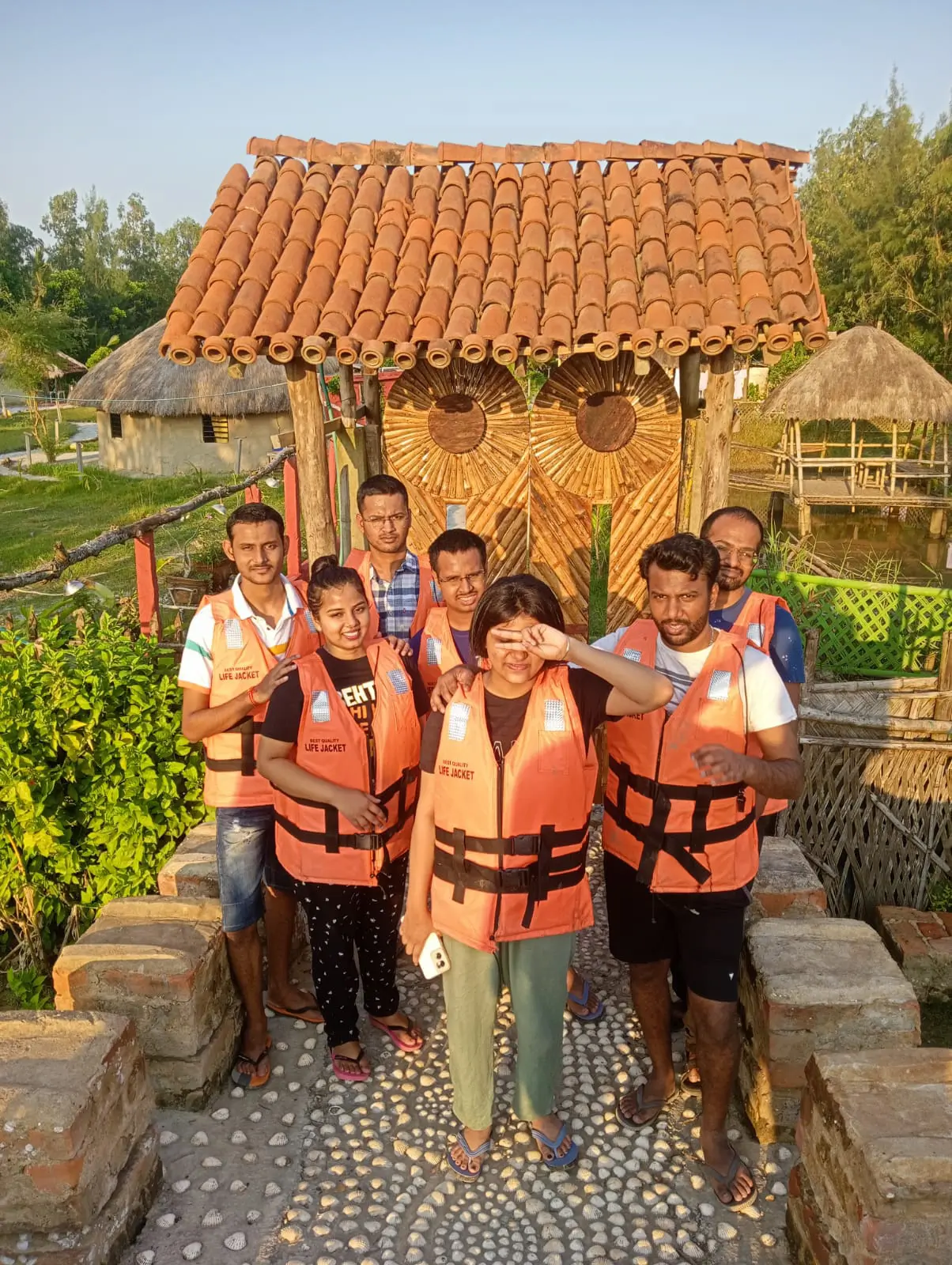The Economic Impact of Eco-Tourism on Our Developing Country
Sundarban eco tourism, a form of responsible tourism, has gained significant attention for its potential to promote sustainable economic development, environmental conservation, and social progress in our developing Country. This article delves into the economic impact of eco-tourism of Sundarban Kolkata tour on these nations, highlighting its role in fostering economic growth, employment generation, and environmental preservation.
Importance of Tourism in Developing Economies
Tourism plays a crucial role in the economic development of our developing Country. It contributes significantly to the Gross Domestic Product (GDP) and employment opportunities. In India, for instance, tourism accounts for a substantial portion of the national GDP and provides millions of jobs. The sector is forecasted to grow rapidly, reflecting its importance as a key driver of economic progress.
Understanding The Sundarban Kolkata Tour: Eco-Tourism’s Economic Impact
Eco-tourism appeals to individuals seeking to engage with the environment while enhancing their understanding and appreciation of it. This sustainable form of tourism not only benefits travelers but also local communities by creating economic opportunities. By promoting eco-friendly practices and cultural integrity, eco-tourism contributes to environmental conservation and supports the livelihoods of indigenous populations.
Challenges and Opportunities In Sundarban Eco Tourism
While eco-tourism presents numerous benefits, it also faces challenges such as pollution, habitat destruction, and socio-cultural impacts. These negative aspects underscore the importance of responsible eco-tourism practices that minimize harm to the environment and local communities. By addressing these challenges, eco-tourism can continue to thrive as a sustainable economic activity.
Benefits of Sundarban Eco-tourism:
Economic growth for local communities
Conservation of natural habitats and biodiversity
Cultural exchange and preservation
Education and awareness about environmental issues
Challenges Faced by Eco-tourism:
Pollution from increased visitor traffic
Habitat destruction due to infrastructure development
Socio-cultural impacts such as changes in traditional lifestyles and values
Importance of Responsible Eco-tourism Practices:
Minimisation of environmental harm through sustainable tourism activities
Preservation of local cultures and traditions
Promotion of community engagement and empowerment
Long-term viability of eco-tourism destinations
Addressing Challenges for Sustainable Eco tourism:
Implementation of eco-friendly infrastructure and waste management systems
Education and awareness programs for visitors and local communities
Collaboration between stakeholders including government, businesses, and NGOs
Enforcement of regulations and guidelines to ensure responsible tourism behaviour
Continued Thriving of Sundarban Eco Tourism:
By overcoming challenges through collective efforts, Sundarban eco tourism can maintain its role as a sustainable economic activity
Opportunities for innovation and adaptation to changing environmental and socio-cultural landscapes
Potential for eco-tourism to serve as a model for sustainable development in other sectors
Case Study: Impact on Developing Country
Research indicates that Sundarban eco tourism has a positive impact on developing economies. Studies have shown that an improvement in green governance leads to an increase in eco-tourism activities. Developing Country experience a higher sensitivity to macroeconomic changes compared to developed nations, highlighting the need for tailored policies to support eco-tourism growth.
Positive Impact of Eco-tourism on Developing Economies:
Economic growth: Eco-tourism contributes to job creation, revenue generation, and overall economic development in developing Country.
Poverty alleviation: By providing employment opportunities and supporting local businesses, eco-tourism helps to uplift communities and reduce poverty levels.
Infrastructure development: Investments in eco-tourism often lead to improvements in infrastructure such as roads, transportation, and utilities, benefiting both tourists and locals alike.
Role of Green Governance in Eco-tourism Growth:
Studies have demonstrated that effective green governance, including environmental protection policies and regulations, encourages the sustainable development of eco-tourism.
Transparent and accountable governance frameworks foster trust among tourists and investors, leading to increased participation in eco-tourism activities.
Collaboration between government agencies, local communities, and the private sector is essential for the successful implementation of green governance initiatives.
Sensitivity of Developing Country to Macroeconomic Changes:
Developing Country are often more vulnerable to fluctuations in global economic conditions due to factors such as limited diversification and dependency on primary industries.
Economic shocks, such as changes in exchange rates or commodity prices, can have significant impacts on the tourism sector, affecting both demand and supply.
Tailored policies and strategies are needed to mitigate the adverse effects of macroeconomic changes and promote resilience within the eco-tourism industry.
Need for Tailored Policies to Support Eco-tourism Growth:
Developing Country require customized policies and incentives to stimulate eco-tourism growth while addressing specific socio-economic and environmental challenges.
Capacity building and technical assistance programs can help governments and local communities develop and implement effective eco-tourism strategies.
Public-private partnerships and international cooperation play a crucial role in providing financial resources, expertise, and best practices to support eco-tourism development in developing Country.

Recommendations for Sustainable Development
To enhance the economic impact of Sundarban eco tourism in our developing Country, several practical policies are recommended. These include our developing green financing markets, establishing virtual tourism platforms, providing green loans to small enterprises, and offering government incentives to support active businesses. By implementing these strategies, Country can further leverage eco-tourism for sustainable economic development.
Conclusion
In conclusion, Sundarban eco tourism holds immense potential for driving economic growth and environmental conservation in our developing Country. By fostering responsible tourism practices, promoting community involvement, and implementing supportive policies, these nations can harness the economic benefits of eco-tourism while safeguarding their natural resources for future generations.






